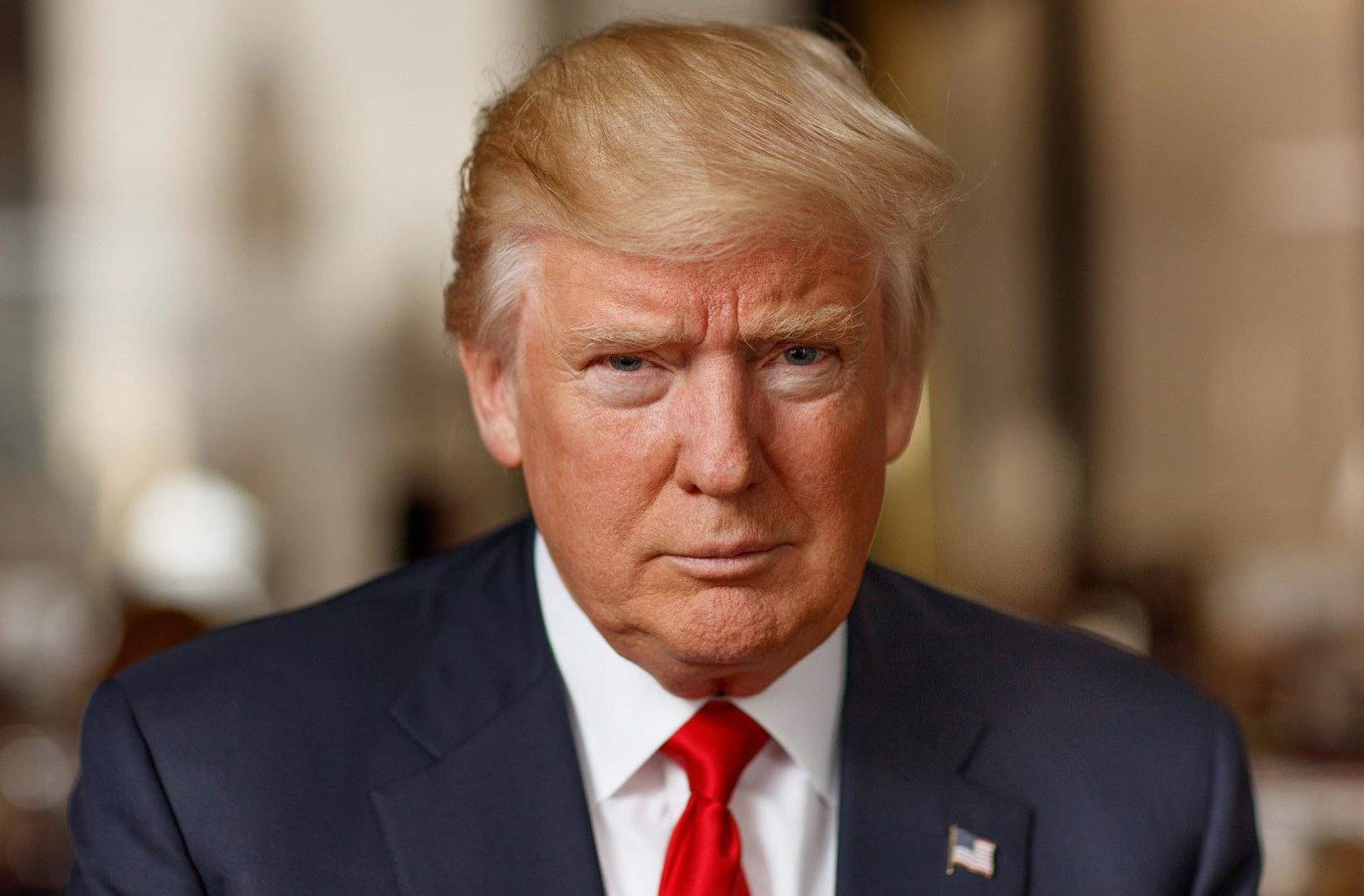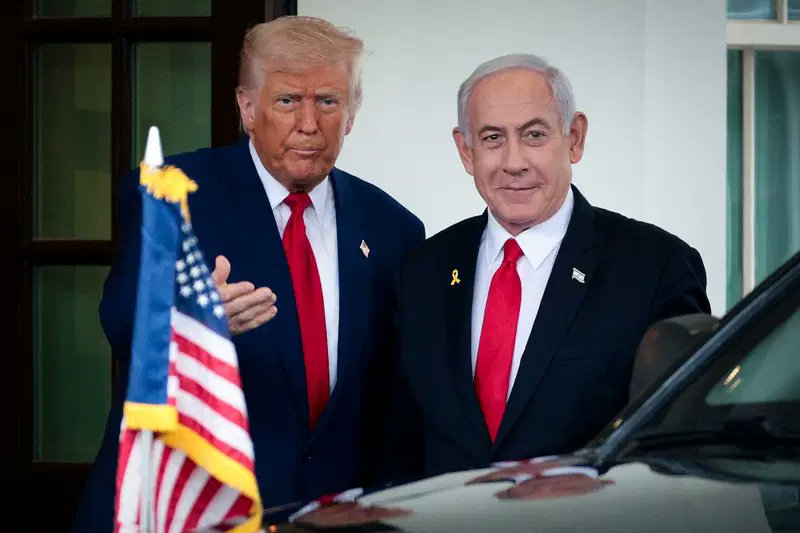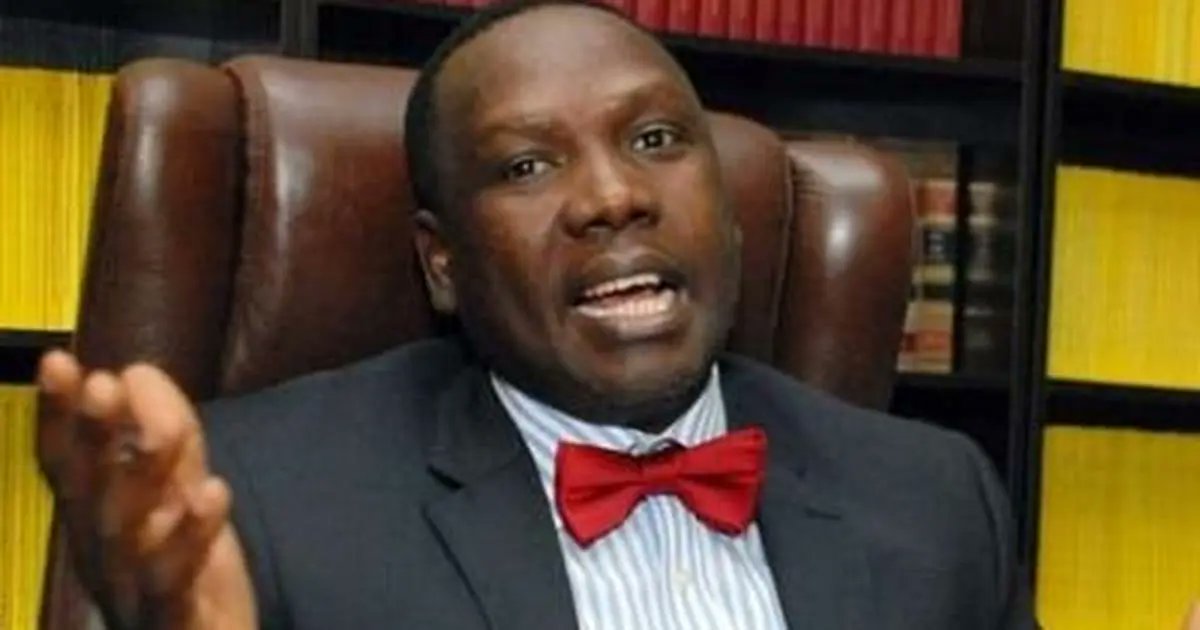
“They Don’t Know What They’re Doing”: Trump Explodes as Israel, Iran Shatter Ceasefire Within Hours

In a fiery and unfiltered address Tuesday morning, U.S. President Donald Trump did not mince words as he tore into both Israel and Iran for what he described as a blatant disregard of the ceasefire agreement he personally announced just hours earlier. The truce, which was supposed to bring a halt to nearly two weeks of escalating conflict, was violated almost immediately, plunging the region back into chaos and leaving the White House scrambling to salvage its diplomatic efforts.
Speaking to ABC News on the tarmac before boarding Air Force One, Trump sounded visibly irritated, even betrayed, by the developments. “Israel, as soon as we made the deal, they came out and dropped a boatload of bombs, the likes of which I’ve never seen before,” he declared. “The biggest load we’ve seen — I’m not happy with Israel.”
His frustration wasn’t limited to Jerusalem. While the Israeli strikes drew initial attention, reports quickly emerged from Tel Aviv alleging that Iran had also fired additional missiles into Israeli territory. Tehran has since denied the accusations, insisting no such launch occurred after the ceasefire announcement. Still, Trump did not spare Iran from criticism either, accusing both sides of playing with fire and ignoring the significance of what was meant to be a turning point in the conflict.
The ceasefire, which was brokered late Monday night with much fanfare and declared by Trump as a “tremendous deal,” was meant to put an end to 12 days of bitter missile exchanges, relentless airstrikes, and growing fears of a regional war that could spill far beyond the Middle East. But within hours, explosions were once again lighting up the skies over Gaza, Tel Aviv, and parts of southern Lebanon. International observers have since described the brief pause as a “phantom truce.”
“When I say now you have 12 hours, you don’t go out in the first hour and drop everything you have on them,” Trump said, his voice rising. “So, I’m not happy with them. I’m not happy with Iran either.”
What was meant to be a diplomatic win for the Trump administration is rapidly unraveling into a public relations nightmare. The president, who had hoped the ceasefire would be seen as a testament to his leadership in global affairs, instead found himself presiding over a deteriorating situation that he now claims is being worsened by reckless decisions from both adversaries.
“I’m unhappy if Israel is going out this morning because of one rocket that didn’t land, that was shot perhaps by mistake, but didn’t land,” Trump said, referring to a projectile reportedly launched from Iran that Israeli intelligence interpreted as a deliberate act of aggression. Iranian officials, however, were quick to call the rocket a “technical misfire,” accusing Israel of seizing the moment to justify renewed bombings.
In one of the more candid moments of the morning, Trump expressed deep exasperation with both nations, questioning their long history of hostility and their ability to make rational decisions. “We basically have two countries that have been fighting so long and so hard, they don’t know what the f* they’re doing,” he said bluntly, a statement that has already ricocheted around global newsrooms and diplomatic offices.
Despite his sharp words, the president stopped short of declaring the ceasefire dead. Asked if he still believed Iran was committed to the agreement, Trump answered with a cautious, “I do.” It was a notable moment of restraint amid an otherwise blistering critique, hinting that backchannel efforts may still be underway to salvage what remains of the deal.
White House sources speaking on background revealed that National Security Advisor Mike Pompeo and senior State Department officials were in constant communication with both Israeli and Iranian intermediaries throughout the night. “There’s still hope, but it’s a tough road from here,” one official admitted. “The trust was already fragile. Now, it’s shattered.”
Global reaction to the ceasefire collapse has been swift and condemning. European leaders expressed dismay, with French President Emmanuel Macron urging “maximum restraint” and calling on all parties to “respect the spirit of peace, not just the letter.” The United Nations convened an emergency session to discuss the violations, with Secretary-General António Guterres stating that “a ceasefire that lasts mere hours is not a ceasefire, it is a deception.”
Back home, Trump faces growing pressure from political rivals who accuse him of announcing the ceasefire prematurely and without proper verification mechanisms. Senate Minority Leader Chuck Schumer criticized the president’s handling of the deal, saying, “This is what happens when you rush into diplomacy with no follow-through. He made a declaration and hoped everyone would behave. That’s not foreign policy — that’s fantasy.”
Nevertheless, Trump remained defiant in his public remarks, casting himself as a peacemaker caught between two aggressive nations unwilling to let go of decades of animosity. “We got them to the table. Nobody else could do that,” he told reporters. “But if they go out and act crazy — well, we’re not going to stand by.”
As the sun sets once again on a region gripped by fear and confusion, the world is left wondering if the violence will intensify or if there’s still a slim chance that diplomacy can pull the situation back from the brink. For now, what was hailed as a breakthrough just 24 hours ago has turned into a cautionary tale of how deeply entrenched conflicts can resist even the most high-profile peace efforts.
Trump’s next move remains uncertain, but the message he sent Tuesday was clear: patience is wearing thin, and the political costs of failure are mounting. With each passing hour, the question looms larger — can the ceasefire be resurrected, or was it doomed from the start?


